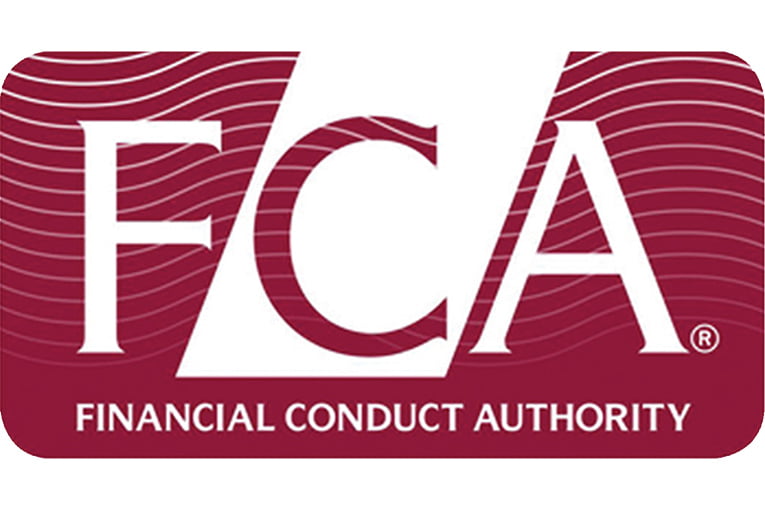Six months on from the implementation of the Senior Managers and Certification Regime, the Financial Conduct Authority (FCA) will provide feedback on implementation so far and proposing measures to further strengthen the regime.
The regulator says the proposed rules will reinforce the importance of individual accountability at the most senior level of organisations.
The FCA has confirmed final rules on regulatory references, which clarify the information that firms are required to share with one another as part of recruiting to key roles.
The FCA will also consult on:
- Guidance for senior managers on the ‘duty of responsibility’
- A new requirement for UK branches of overseas banks to tell their UK based employees about the whistleblowing services offered by the FCA and the PRA
- Extending the conduct rules to all non-executive directors of banks and insurers
In addition, the FCA will publish a discussion paper about how those heading up the legal function in firms should be treated under the Senior Managers and Certification Regime.
Andrew Bailey, chief executive of the FCA, said: “Six months on and, in a great many cases, firms have made a substantial effort to get this right and embrace the importance of the key principles underlying the Senior Managers and Certification Regime, namely responsibility and accountability.
“Knowing who is responsible for what is critical for firms and regulators and we have seen genuine engagement on this from the Board down.
“Generally, we have observed that firms are taking their responsibilities seriously and have broadly got the regime right. But we recognise culture change takes time and there is still more to do. So we have to keep a watchful eye on the progress firms are making.”
The FCA said that, ahead of the introduction of the Senior Managers and Certification Regime in March this year, most firms sent detailed grandfathering notifications, statements of responsibilities and firm responsibilities maps. In some cases, the FCA has seen evidence of overlapping or unclear allocation of responsibilities. In other cases firms appear to be sharing responsibility amongst more junior staff, obscuring who is genuinely responsible. This goes against the intent of the Senior Managers and Certification Regime and must be addressed, the regulator stressed.
The FCA reviewed a sample of the documentation submitted and is publishing tailored feedback for UK banks and building societies, non-EEA branches, incoming EEA branches and credit unions.
The Senior Managers’ and Certification Regime will be extended to all regulated financial services firms from 2018.



